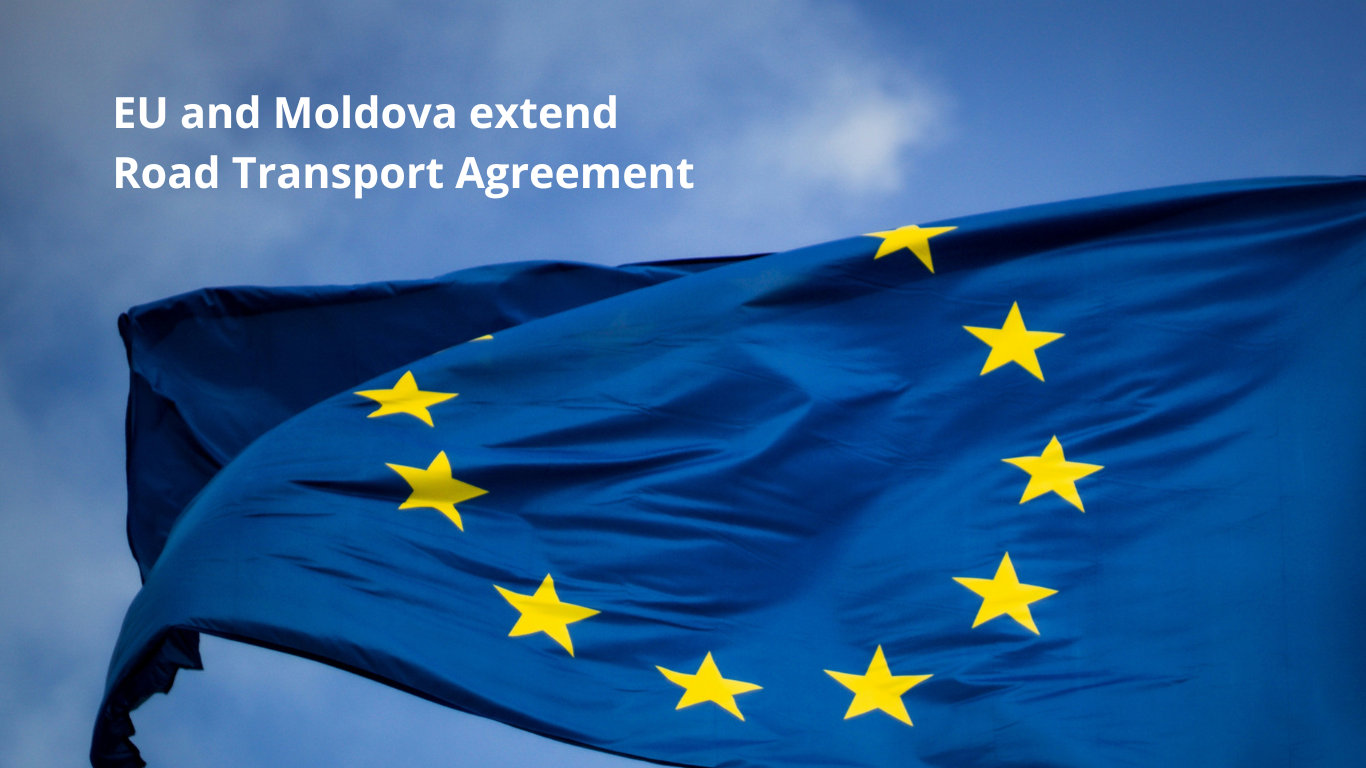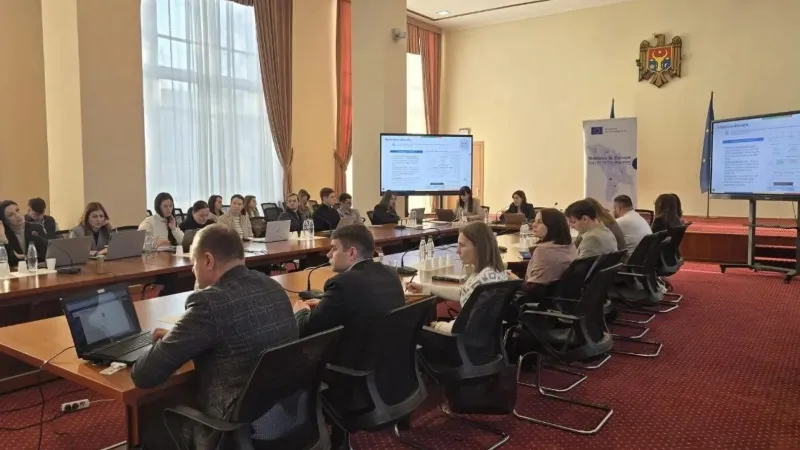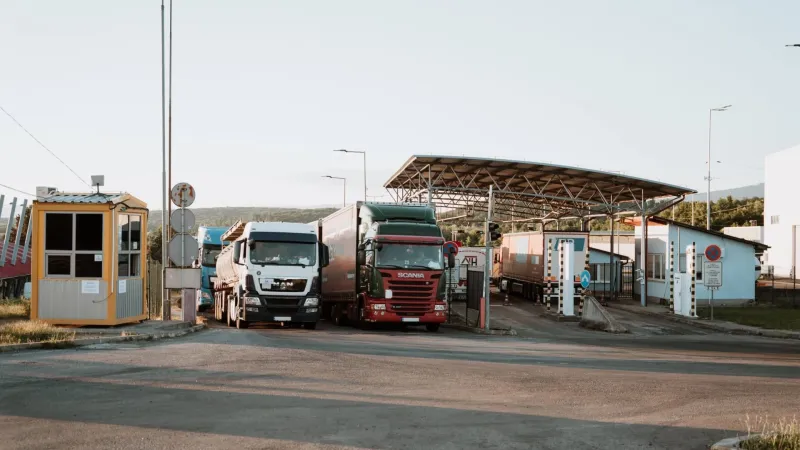
EU and Moldova extend Road Transport Agreement
The EU and Moldova decided today to extend the validity of their current road transport Agreement until 31 March 2027.
The Agreement aims at helping Moldova access world markets by facilitating transit through EU countries and further developing its links with the EU market. This agreement with Moldova, first signed on 29 June 2022, has substantially increased road exports from Moldova to the EU, benefiting both economies.
Commissioner for Sustainable Transport and Tourism, Apostolos Tzitzikostas, stated: “We are very pleased to extend the Road Transport Agreement with Moldova, which has already proven to be a real success. It has provided vital support to the Moldovan economy in the wake of Russia’s aggression against Ukraine, while also boosting EU exports to Moldova. This extension is a tangible demonstration of the EU’s continued support for Moldova and of the steady integration of our economies”.
The Agreement was put in place following the loss of important transport routes passing through Ukraine’s Black Sea ports and export markets to the east of Ukraine caused by the Russian war of aggression against Ukraine. By partly liberalising road freight transport through giving transit and bilateral transport rights to Moldovan and EU hauliers for their respective territories, the Agreement helps better anchoring the Moldovan market into the EU. The Agreement has also strengthened the EU-Ukraine Solidarity Lanes by facilitating road transport between the EU and Moldova, an important transit country for Ukrainian exports and imports.
Exports by road from Moldova to the EU increased by 57% in volume and 41% in value terms in the third quarter of 2024, respectively, compared to the same period in 2021 (before the Agreement). The EU also greatly benefited from the Agreement, since EU exports by road to Moldova increased by 49% in value and 36% in volume terms from the third quarter of 2021 to the third quarter of 2024.
Background
The purpose of this Agreement is to temporarily facilitate road freight transport between and through the territory of the European Union and Moldova. It aims to counter the significant road transport disruptions caused by the Russian war of aggression against Ukraine by granting additional rights of transit and carriage of goods between the two markets.








